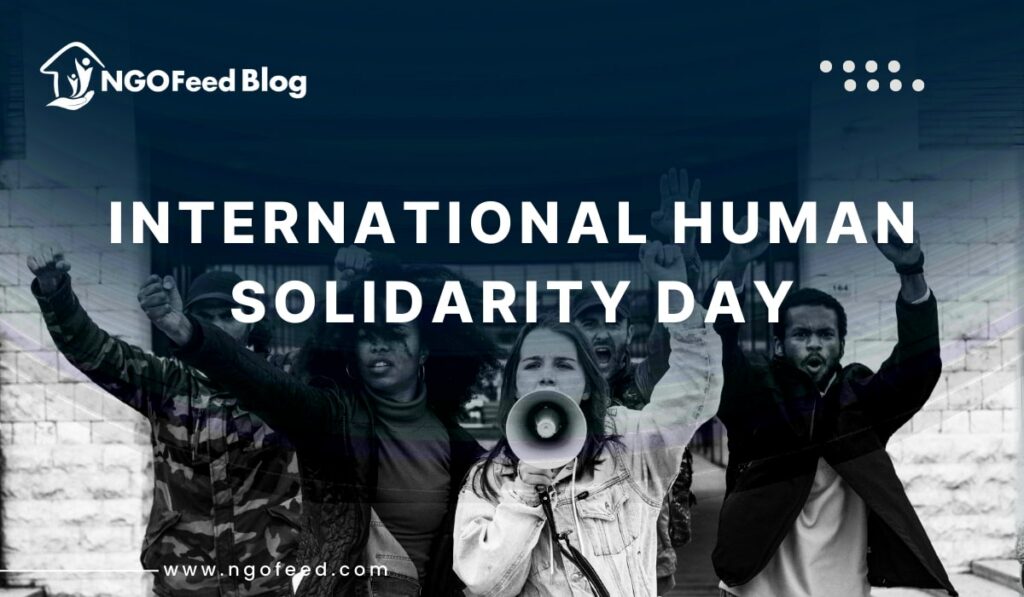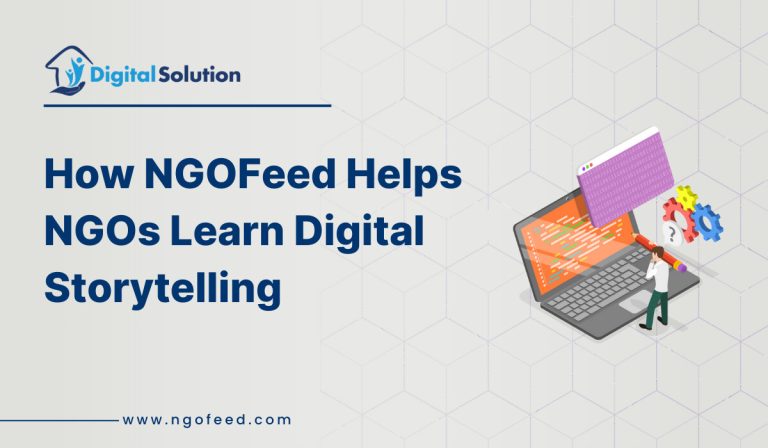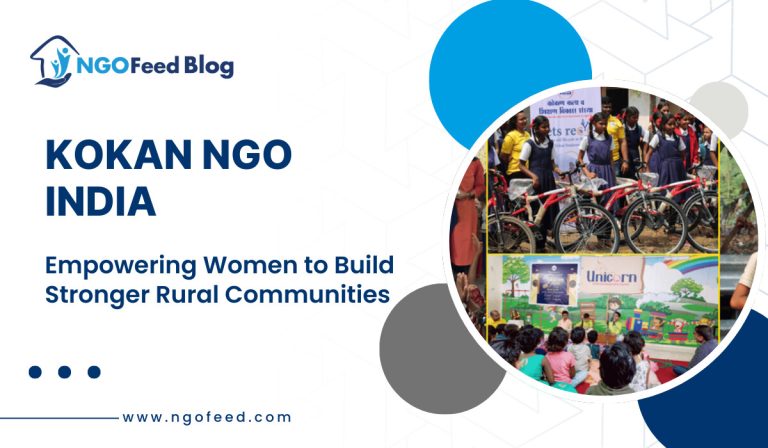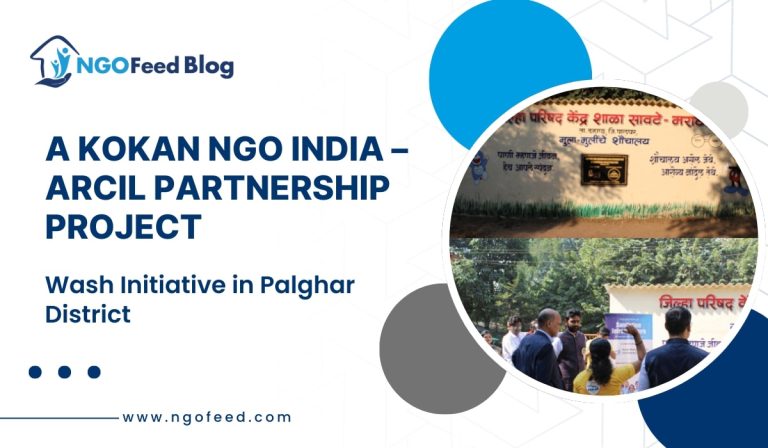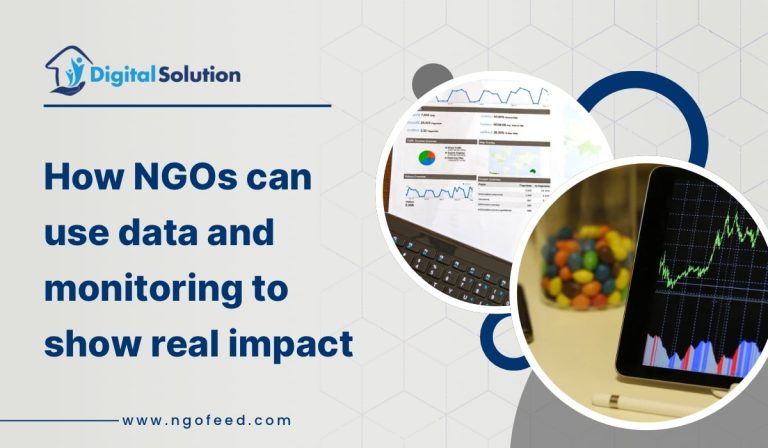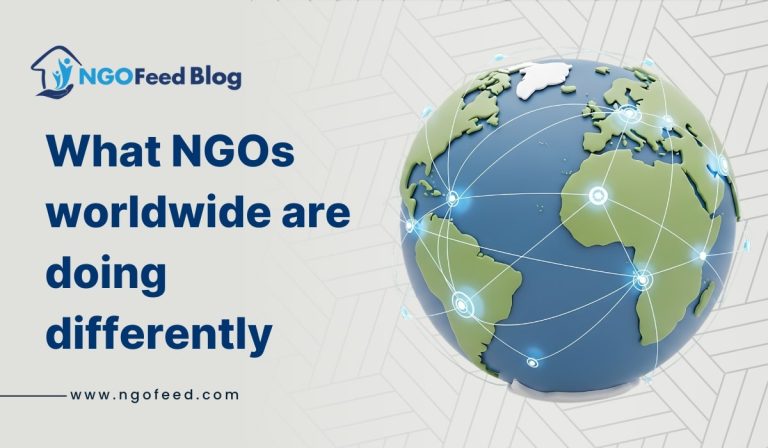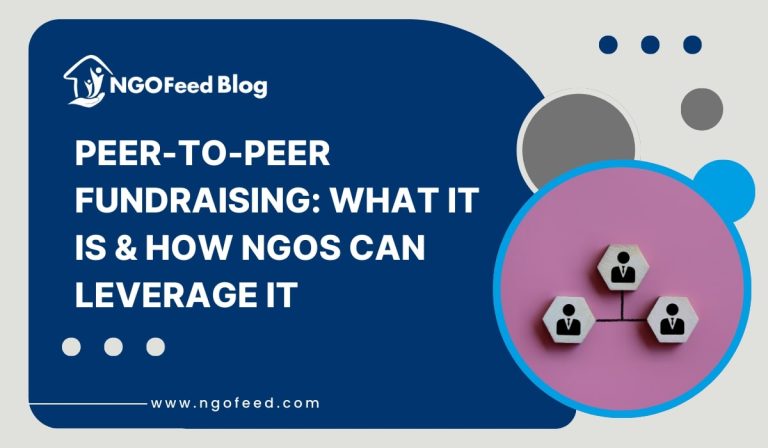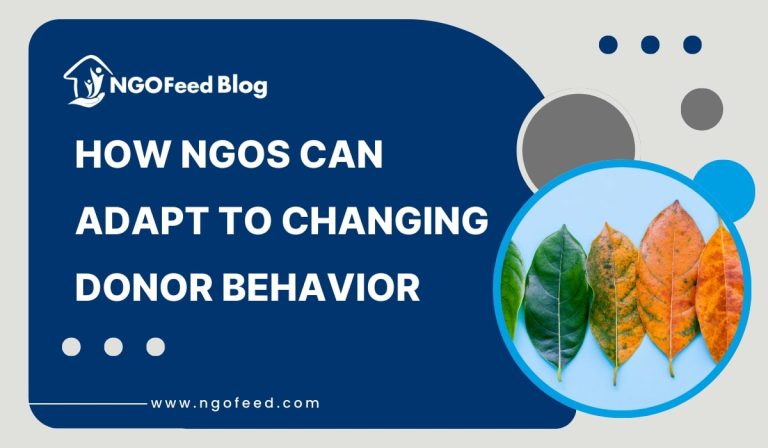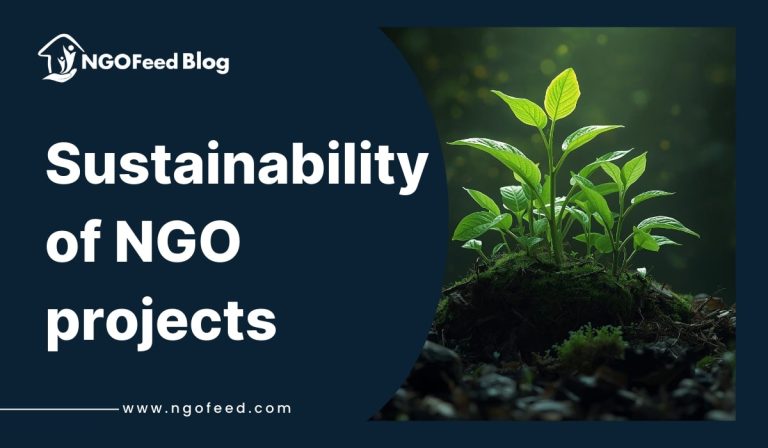Solidarity is important to tackle global challenges. To foster a spirit of solidarity every year international solidarity day is celebrated globally on 20th December. The day established by the United Nations in 2005 serves as a reminder of the importance of unity in diversity, encouraging people, organizations, and nations. Each of us holds a shared responsibility to build a better future by working together, regardless of our cultural, economic, or geographical differences. The International Human Solidarity Day reminds us of the profound need for collaboration and mutual support. In this article, we explore the history, significance, challenges, and ways to celebrate the day while reflecting on how solidarity can address global crises.
Table of Contents
What is International Human Solidarity Day?
International Human Solidarity Day was proclaimed by the United Nations General Assembly to remind us of the importance of working together to uphold human rights, social justice and sustainable development.
According to the UN, solidarity means recognizing that our fates are linked, that helping those who benefit least is not just charity, but a shared responsibility.
This day also encourages governments to honor their international commitments and encourages civil society to act on the Sustainable Development Goals (SDGs), particularly in poverty eradication and social inclusion.
Also Read: Role of NGOs in Sustainable Agriculture
International Human Solidarity Day History
Knowing the history of International Human Solidarity Day helps us appreciate the importance of the day in today’s world. The idea of dedicating a day to human solidarity came from the belief that collective action is the key to addressing global challenges like poverty, inequality, and environmental crises. The United Nations General Assembly 2005 officially declared 20 December as International Human Solidarity Day. The day also aligns with the United Nations Sustainable Development Goals (SDGs). The history of International Human Solidarity Day is a testament to the power of unity.
Why It Matters in 2025?
- Global inequalities remain stark: As economic and social divides widen, the principle of international solidarity is more relevant than ever.
- Solidarity underpins the SDG agenda: Many of the SDGs (like reducing poverty, ensuring quality education and health for all) can only be achieved through cooperation.
- Rising global challenges: From climate change to migration and economic instability, major issues today demand collective solutions, not isolated efforts.
- Reinforcing trust: NGOs play a crucial role in building trust across communities, by advocating for shared responsibility, they foster inclusive and sustainable social development.
Why Solidarity is Crucial Today?
In today’s increasingly evolving world, Solidarity is more crucial than ever. It is the base to tackle major global challenges like health crises, climate change, and inequality. This problem requires collective efforts along with innovative solutions instead of isolated efforts. In today’s world where people tend to neglect more solidarity promotes a shared responsibility, reminding us that our actions have a ripple effect on the larger community.
Everyone should feel included, making sure every marginalized voice is heard and no one is left behind in the pursuit of progress. By uniting diverse perspectives, pooling resources, and embracing our shared humanity, solidarity empowers us to address complex issues, build resilient communities, and create a future that is fair, sustainable, and equitable for all.
Challenges to Global Solidarity
While everyone is striving to achieve global solidarity, they face significant challenges also. These challenges can be social, historical, or economic. Below are key challenges to Global Solidarity:
- Economic Inequality: wealthier nations and individuals have better access to resources while the marginalized communities are left behind widening the economic disparities between nations and within nations creating barriers to solidarity.
- Climate Injustice: climate change is a major issue affecting every sector. A lack of solidarity in addressing the crisis arising from climate change has resulted in uneven contributions to mitigation and adaptation efforts, exacerbating existing inequalities.
- Unequal Access to Technology and Resources: the digital divide is vast. Many regions still lack access to essentials like education, healthcare, and technology. This disparity hampers global solidarity by creating unequal opportunities for participation and progress.
- Lack of Awareness and Engagement: the lack of education and engagement at the grassroots levels weakens collective action to achieve global solidarity. Many individuals remain unaware of the importance of global solidarity or feel powerless to make a difference.
- Health Crises and Vaccine Inequity: health emergencies, and pandemics like COVID-19 have highlighted the lack of solidarity in distributing medical resources. Unequal access to healthcare, and vaccine inequity reveal deep-rooted disparities in global health systems.
- Geopolitical Conflicts: Geopolitical conflicts like wars, territorial disputes, and power struggles between nations disrupt efforts to build solidarity. These conflicts divert attention and resources away from collaborative efforts to tackle pressing global issues.
These global challenges are significant but not insurmountable. We can overcome this obstacle by promoting education, equitable access, and shared responsibility.
How NGOs Can Respond and Leverage the Day?
1. Awareness and Education
- Run campaigns, workshops and webinars explaining what solidarity means in today’s world, linking it to real issues like climate justice, education and economic inequality.
- Use storytelling (case studies, interviews) to highlight how solidarity has made a difference locally.
2. Advocacy and Policy Engagement
- Push for policies that support vulnerable populations, refugees, marginalized communities and low-income groups.
- Mobilize support for global solidarity mechanisms like the World Solidarity Fund.
- Encourage governments to recommit to international development goals and collective action.
3. Community and Grassroots Action
- Organize solidarity-driven service events, food drives, community cleanups or peer education sessions.
- Encourage volunteerism that bridges divides, across regions, religions and economic backgrounds.
- Promote contributions to local and international causes via crowdfunding, solidarity funds or mutual aid networks.
4. Digital Campaigns
- Launch social media campaigns with hashtags such as #HumanSolidarityDay, #GlobalSolidarity, or #UnitedForSDGs.
- Partner with influencers, youth leaders and community voices to spread the message of cooperation and shared purpose.
- Use online tools (webinars, live panels) to facilitate conversations on how solidarity helps address global crises.
5. Measuring Impact
- Track how your solidarity initiatives contribute to SDG-related metrics (poverty reduction, community health, education).
- Share impact stories, how collective action made a concrete difference.
- Build partnerships to scale up successful solidarity-driven programs.
How Can You Participate in International Human Solidarity Day?
Participating in the International Human Solidarity Day is a shared responsibility of every individual. Below are some impactful ways to participate:
1. Educate Yourself and Others: learn about challenges like poverty, inequality, and climate change. Educate others, and spread awareness about the importance of solidarity in tackling these issues.
2. Support Local and Global Initiatives: volunteer with local organizations, and work with communities that work with these issues. Donate to global causes and support the mission of nonprofits fighting against disaster relief, food security, or healthcare.
3. Share Stories of Solidarity: use platforms like social media to share encouraging stories, highlight your involvement in organizations, and join communities on social media groups that support solidarity.
4. Use Your Skills for Good: use your talent to promote unity and solidarity. Collaborate with like-minded individuals to create initiatives that address global or local challenges.
5. Make Sustainable Lifestyle Choices: adopt habits that contribute to sustainability, and encourage others to make environment-friendly choices as small practices can create a significant impact done collectively.
6. Advocate for Inclusive Policies: Use your voice to advocate for policies that promote social justice, gender equality, and sustainable development. Learn about policies and participate in campaigns that focus on equitable access to resources.
Inspiring Change Through Solidarity
Solidarity has the power to transfer societies and make meaningful changes. Standing together individuals and communities can combat global challenges like poverty, inequality, and climate change compared to any single effort. Encouraging collaboration across cultures, borders, and ideologies. The strength of society lies in unity and it can create lasting changes. Empowering one another fosters a sense of solidarity and nurtures a supportive environment. When we embrace solidarity, we create a ripple effect of compassion, inclusivity, and progress, building a world where everyone has the opportunity to thrive.
Emerging Trends and Insights
- Solidarity and Digital Innovation: Technology is giving new life to solidarity, through digital mutual-aid platforms, crowdfunding for grassroots projects and cross-border collaboration.
- Youth-Led Solidarity: Young people around the world are at the forefront of solidarity-based social movements. NGOs should engage youth as advocates and implementers.
- Intersectional Solidarity: Solidarity today isn’t just about poverty, it intersects with climate justice, gender equity and human rights more broadly.
- Institutional Solidarity: As trust in institutions fluctuates, NGOs can help strengthen solidarity through transparent governance, participatory decision-making and inclusive programs.
Conclusion
International Human Solidarity Day is more than a symbolic observance, it’s a call to action. It reminds us that in a connected world, our challenges are shared and so must be our solutions.
For NGOs, the day provides a meaningful platform to amplify messages of unity, to mobilize for justice, and to build partnerships rooted in mutual care. When we choose solidarity, we choose hope, for people, for nations and for our shared future.
Frequently Asked Questions (FAQs)
Q1: When is International Human Solidarity Day observed?
It is observed on 20 December every year.
Q2: Why did the UN choose “solidarity” as a value?
The UN considers solidarity a universal value, vital for addressing global poverty and inequality.
Q3: How does solidarity link to the SDGs?
Solidarity encourages cooperation and resource-sharing to achieve goals like poverty reduction, healthcare access and sustainable development.
Q4: How can individuals show solidarity today?
Participate in community service, support global causes, campaign online or donate to initiatives that promote human development and inclusive programs.
Q5: How can NGOs use this day to create impact?
By launching awareness campaigns, advocating for policy changes, organizing events around inclusion and partnering to build long-term solidarity programs.

